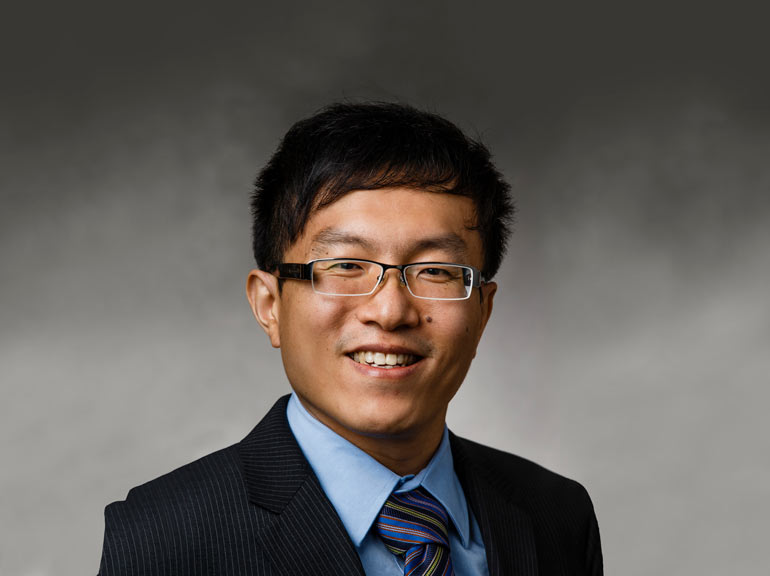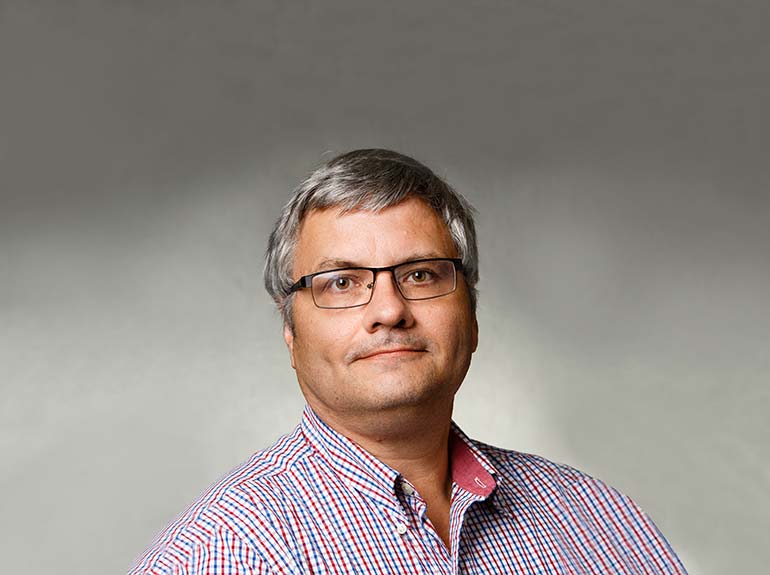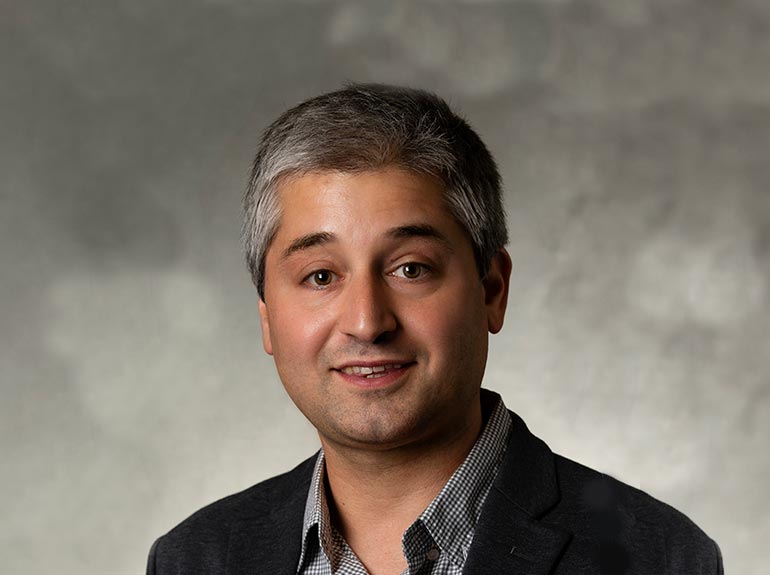Coursework and Degree Requirements
The M.S. in Information Technology requires 10 courses (30 credits). Students must maintain a GPA of 2.7 or higher.
STEM Approved Program
Eight Required Courses:
- SEIS 603 Foundations of Python
- SEIS 615 Cloud Computing
- SEIS 616 Infrastructure as Code
- SEIS 627 Software Agile Processes
- SEIS 630 Database Management Systems and Design
- SEIS 632 Data Analytics and Visualization
- SEIS 663 Introduction to Cybersecurity
- SEIS 709 Enterprise Architecture and Strategy
Please note suggested course sequences assume students are only taking classes in the fall and spring semesters. The summer term may have limited class offerings.
Suggested course sequence with SEIS 603:
- Semester 1: SEIS 603 and SEIS 630
- Semester 2: SEIS 615 and SEIS 627
- Semester 3: SEIS 616 and SEIS 632
- Semester 4: SEIS 663 and SEIS 709
- Semester 5: 2 SEIS Electives
Suggested course sequence with SEIS 603 waived:
- Semester 1: SEIS 627 and SEIS 630
- Semester 2: SEIS 615 and SEIS 632
- Semester 3: SEIS 616 and SEIS 663
- Semester 4: SEIS 709 and SEIS Elective
- Semester 5: 2 SEIS Electives




